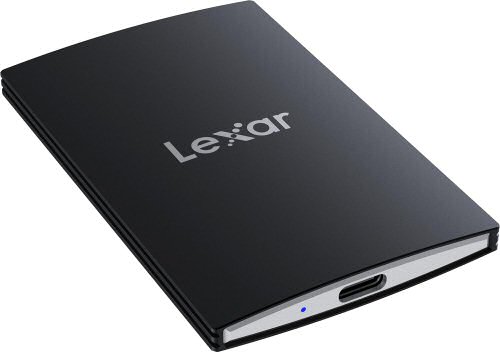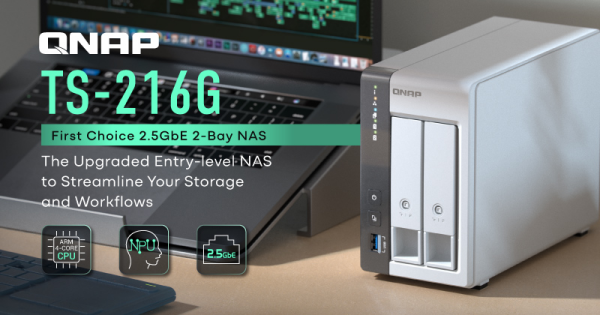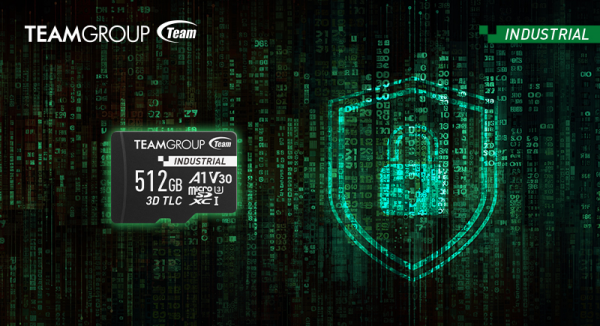TerraMaster Unveils TOS 6 Beta
TerraMaster, a professional brand that focuses on providing innovative storage products for homes and businesses, announces the brand new TOS 6 Beta operating system with more than 40 new functions and 370 improvements, providing TNAS users with an unparalleled upgrade experience. From the new user interface to enhanced data security, every aspect has been carefully refined to ensure users have the most advanced solutions to storage and administration.

TOS 6 is TerraMaster the most powerful terminal operating system to date, bringing users an unprecedented experience.
TOS 6 Operating System Key Features
The Latest Linux Kernel
The kernel of TOS 6 is based on the latest Linux Kernel 6.1 LTS, which introduces MG-LRU to enhance system performance, significantly improves the performance of the btrfs file system, adds erofs for cross-file system data sharing, prepares for support of the Intel Meteor Lake 5nm chip, merges the Kernel Memory Sanitizer (KMSAN) for enhanced memory management, achieves faster Intel memory error decoding via the EDAC driver, introduces support for the Maple Tree data structure, and implements new security controls on the ability to create user namespaces.






 CDRLabs has taken an in depth look at Samsung's latest consumer NVMe SSD, the 990 EVO. Designed to enhance everyday computing experiences like gaming, working, and video/photo editing, this compact, M.2 form factor SSD is powered by Samsung's new "Piccolo" controller and is available with up to 2TB of their 6th-generation 133-layer V-NAND flash. The 990 EVO also offers support for both PCIe 4.0 x4 and PCIe 5.0 x2 interfaces and is 43% faster and 70% more efficient than the previous model, the 970 EVO Plus.
CDRLabs has taken an in depth look at Samsung's latest consumer NVMe SSD, the 990 EVO. Designed to enhance everyday computing experiences like gaming, working, and video/photo editing, this compact, M.2 form factor SSD is powered by Samsung's new "Piccolo" controller and is available with up to 2TB of their 6th-generation 133-layer V-NAND flash. The 990 EVO also offers support for both PCIe 4.0 x4 and PCIe 5.0 x2 interfaces and is 43% faster and 70% more efficient than the previous model, the 970 EVO Plus. 
